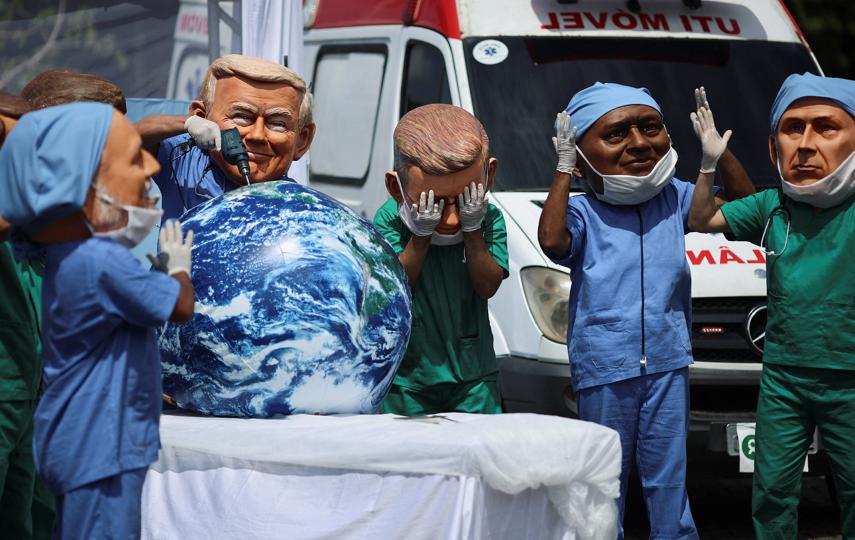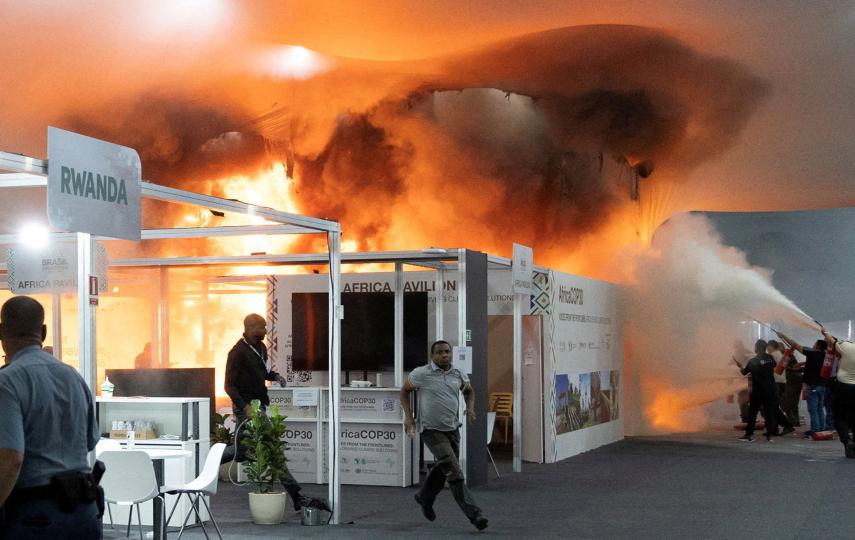“It’s New Year’s Day 2030. Hungover, you stumble across to the fridge and yank it open. You grab the purple nutrition bar you’ve been saving, slump down on the sofa and call up the movie channel. Just a couple of minutes’ viewing proves it’s another propaganda film, featuring the valiant efforts of the ‘global volunteers’ in Antarctica who are helping to run the refugee settlements. But viewing is interrupted quickly by your Monitor, which announces that you left the fridge door open and are wasting too much energy. The broadcast is closed down and you’re docked several credits for the climate violation...”
According to the website forumforthefuture.org, the above scenario of a possible future and others are “among a range of scenarios emerging from expert opinion and analysis canvassed as part of Climate Futures – a joint venture between Forum for the Future, a British sustainable development charity, and HP Labs, the central research lab for Hewlett-Packard.
The Climate Futures project which is rooted in the latest science of climate change “analyses the social, political, economic and psychological consequences of climate change and describes how different global responses to the problem could lead to five very different worlds by 2030.”
See also IRIN’s climate change page.
am/bp/cb
This article was produced by IRIN News while it was part of the United Nations Office for the Coordination of Humanitarian Affairs. Please send queries on copyright or liability to the UN. For more information: https://shop.un.org/rights-permissions




